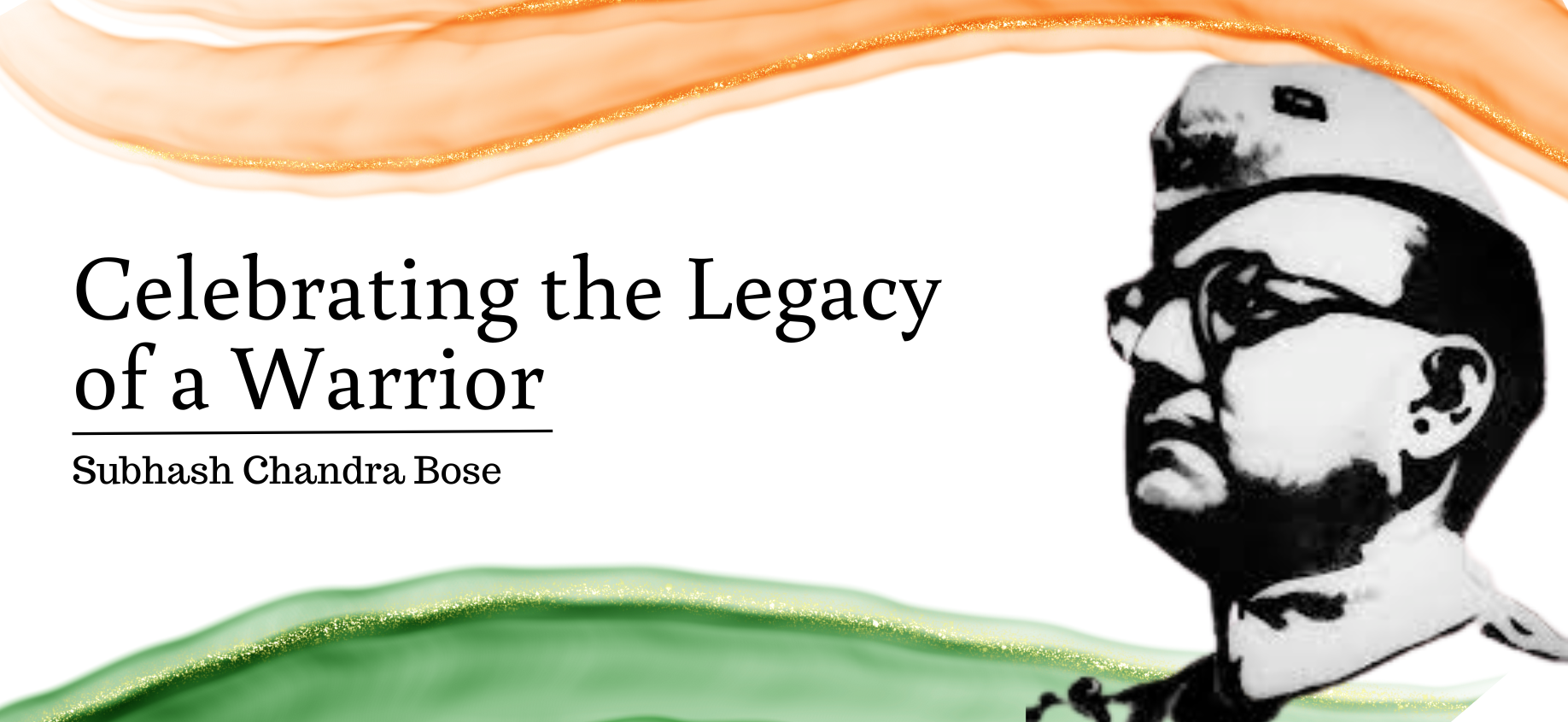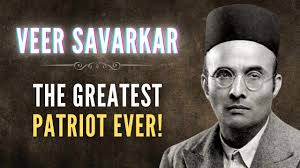Article: Subhash Chandra Bose: The Firebrand Freedom Fighter

Subhash Chandra Bose: The Firebrand Freedom Fighter
Subhash Chandra Bose, famously known as "Netaji," was a crucial leader in the Indian independence movement against British rule. His significant contributions to the freedom struggle continue to be celebrated. This article explores the life and legacy of Subhash Chandra Bose and his essential role in India's fight for independence.
Early Life and Education
Subhash Chandra Bose was born in Cuttack, Odisha, on January 23, 1897. He was the ninth child of Janakinath Bose, a lawyer and a notable member of the Indian National Congress. An outstanding student, Bose earned a scholarship to study at the University of Calcutta and later attended the University of Cambridge for further education.
BUY SUBHASH CHANDRA BOSE T-SHIRTS FROM HERE
Political Career
Bose's political journey began with the Indian National Congress, where he swiftly ascended the ranks. Elected to the Congress Working Committee in 1923, he became Secretary of the Bengal Provincial Congress Committee in 1924. However, Bose grew disillusioned with the Congress' peaceful protest methods and started advocating for more militant action. This led to a split with Congress leadership, and he resigned in 1939.

Formation of the Indian National Army
Bose's dissatisfaction with Congress led him to form the Indian National Army (INA), which consisted of Indian soldiers captured by the Japanese during World War II. His aim was to utilize the INA to fight for India's independence. Bose traveled to Southeast Asia to secure Japanese support for his mission. Despite initial successes, the INA ultimately failed to liberate India from British rule.
Contribution to the Freedom Movement
Even though the INA did not achieve its ultimate goal, Subhash Chandra Bose's contributions to the freedom movement were profound. He inspired a large number of Indians to join the cause for independence, and his speeches were a source of motivation and inspiration. Bose's efforts also drew international attention to the Indian independence movement, gaining support from nations such as the Soviet Union and Germany, which helped pressure the British government to grant India independence.

Death and Legacy
Subhash Chandra Bose died in a plane crash on August 18, 1945. The mysterious circumstances of his death have led to numerous conspiracy theories. Despite this, Bose's legacy lives on. He is celebrated as a hero of the Indian independence movement. The Indian government has recognized his contributions by posthumously awarding him the Bharat Ratna, India's highest civilian honor.
Conclusion
Subhash Chandra Bose was a significant leader in the Indian independence movement against British rule. His efforts, including the formation of the Indian National Army and his ability to mobilize many Indians, have been widely acknowledged and celebrated. Bose's legacy continues to inspire those who fight for freedom and justice. Though his death remains a mystery, his contributions to India's freedom will always be remembered and honored. His impact, alongside other freedom fighters like Bhagat Singh and the Indian Army, highlights the relentless spirit of those who fought for India's independence.
[The images used in this blog post are not owned by Anime Devta, they are just for entertainment purposes]
| SUBHASH CHANDRA BOSE | BHAGAT SINGH | FREEDOM FIGHTERS | INDIAN ARMY | NETAJI | INDIAN NATIONAL ARMY |
~Mimansa Sharma
